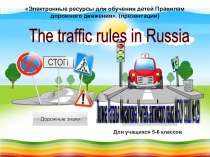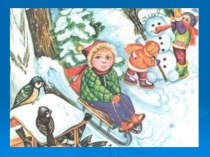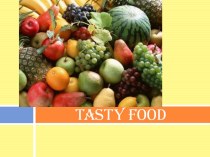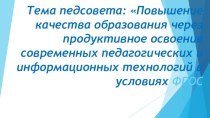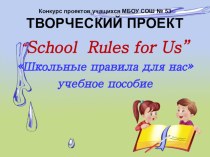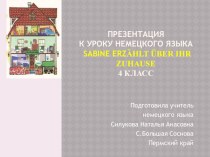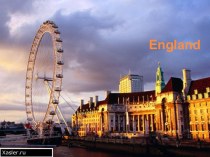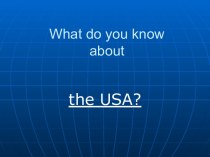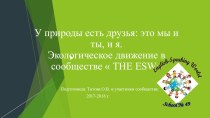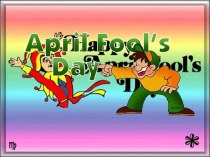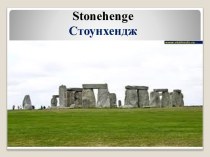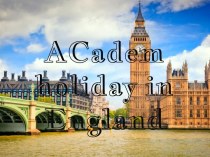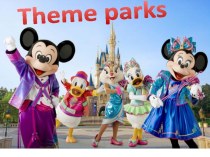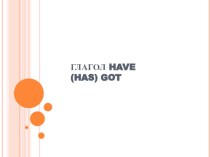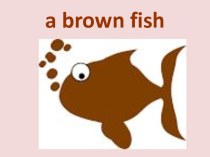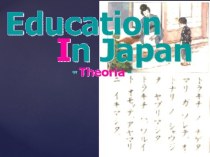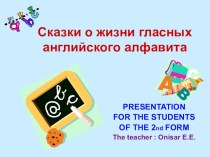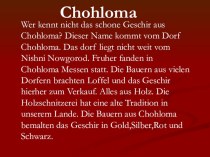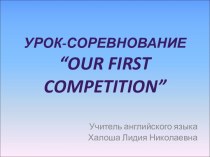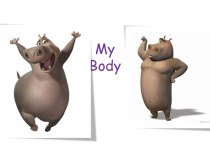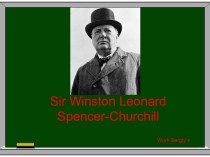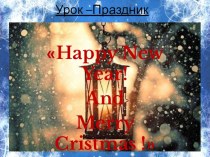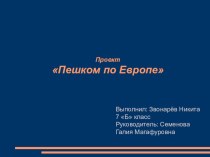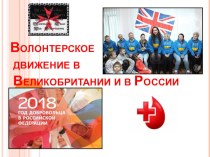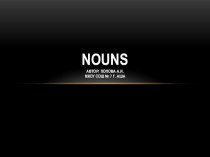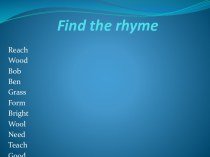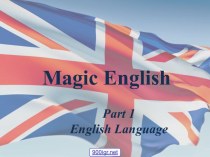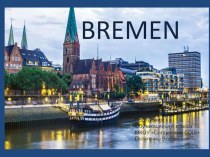- Главная
- Разное
- Бизнес и предпринимательство
- Образование
- Развлечения
- Государство
- Спорт
- Графика
- Культурология
- Еда и кулинария
- Лингвистика
- Религиоведение
- Черчение
- Физкультура
- ИЗО
- Психология
- Социология
- Английский язык
- Астрономия
- Алгебра
- Биология
- География
- Геометрия
- Детские презентации
- Информатика
- История
- Литература
- Маркетинг
- Математика
- Медицина
- Менеджмент
- Музыка
- МХК
- Немецкий язык
- ОБЖ
- Обществознание
- Окружающий мир
- Педагогика
- Русский язык
- Технология
- Физика
- Философия
- Химия
- Шаблоны, картинки для презентаций
- Экология
- Экономика
- Юриспруденция
Что такое findslide.org?
FindSlide.org - это сайт презентаций, докладов, шаблонов в формате PowerPoint.
Обратная связь
Email: Нажмите что бы посмотреть
Презентация на тему Языковое разнообразие (дополнительный материал) (9 класс)
Содержание
- 2. As we all know Russia is a
- 3. Some languages are very similar: representatives of
- 4. Each language family has its own common language.
- 6. About 87 per cent of the population of Russia speak languages of the Indo-European group
- 7. Iranian languages are: Ossetian, Kurdish, Tadjik.
- 8. The Altaic group of languages is represented by three groups: Turkish (Balkarian), Mongolian and Tungus-Manchurian (Nanian).
- 9. There are some languages which do not
- 10. In Russia the lingua franca is the
- 11. Languages of the North CaucasusThe Caucasus
- 12. Multilingualism is virtually universal among Caucasians. Nearly
- 13. Besides, students study several foreign languages at
- 14. It”s a strange world of
- 15. Language linksWork in groups. Match the words
- 16. Group 1cabinet -bastion -elephant
- 17. Skim the texts and guess what they are about. What helped you to make your guesses
- 21. National IdentityLook at the portraits. Do you
- 24. Making culture realBlood is thicker than waterDifferent
- 25. In the Caucasus, the first birthday is
- 26. “Cultural shock”
- 27. Скачать презентацию
- 28. Похожие презентации
As we all know Russia is a multinational country, which means it is a multilingual one. Linguists have identified about 150 different languages here.
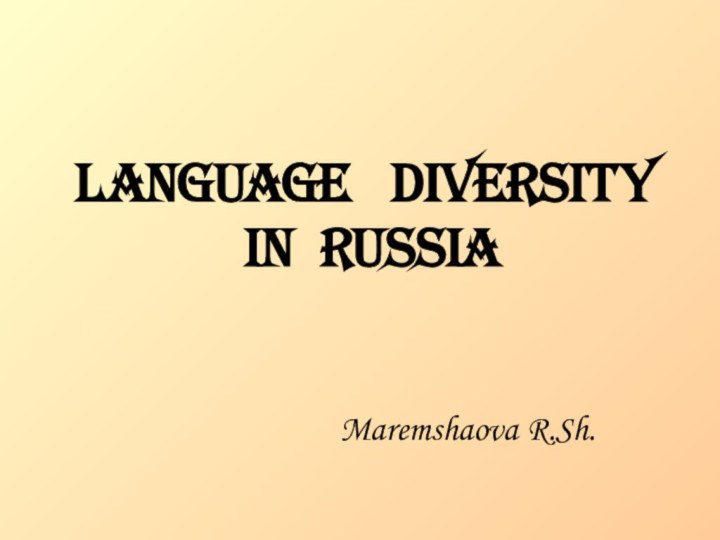
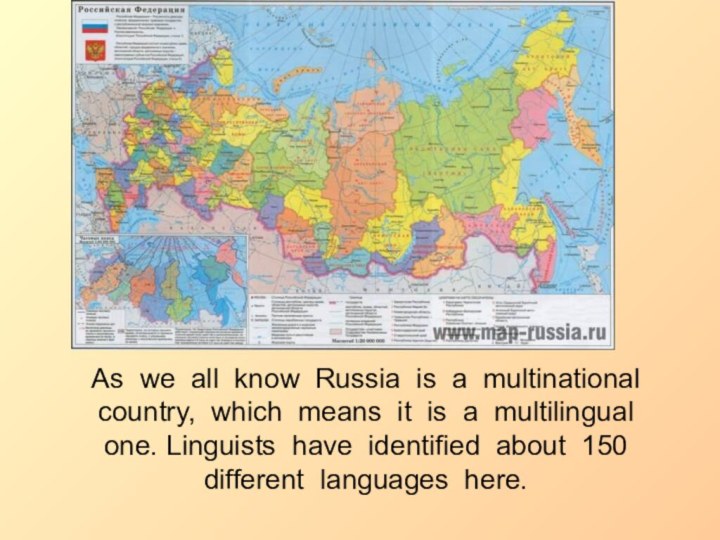
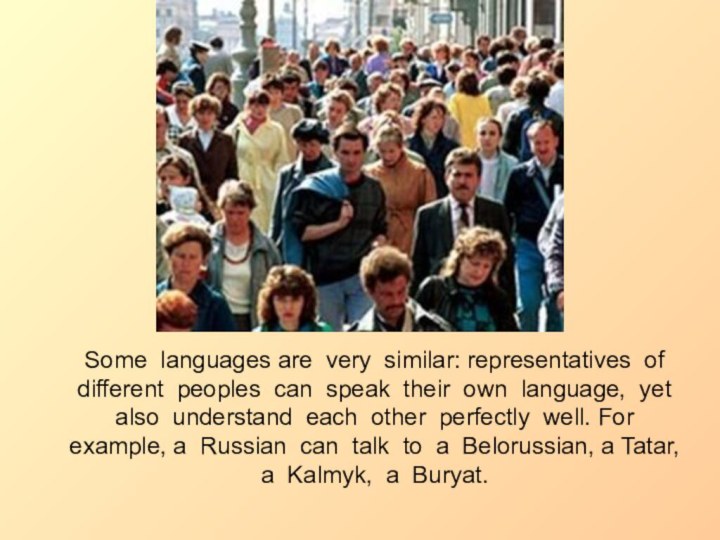
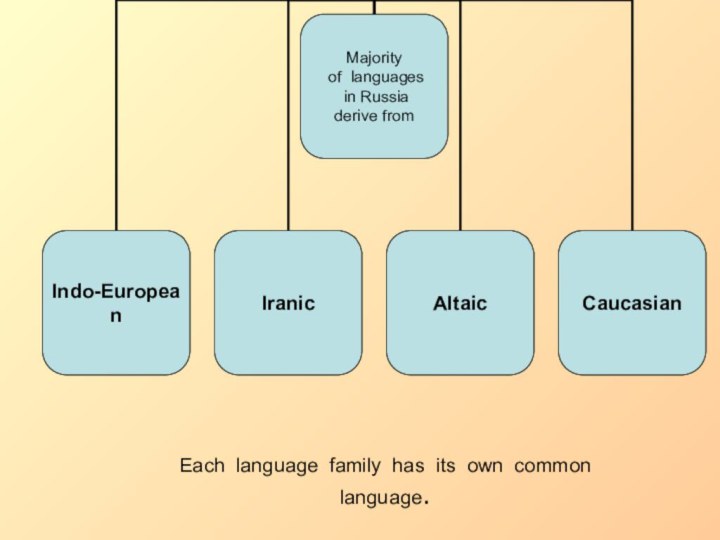
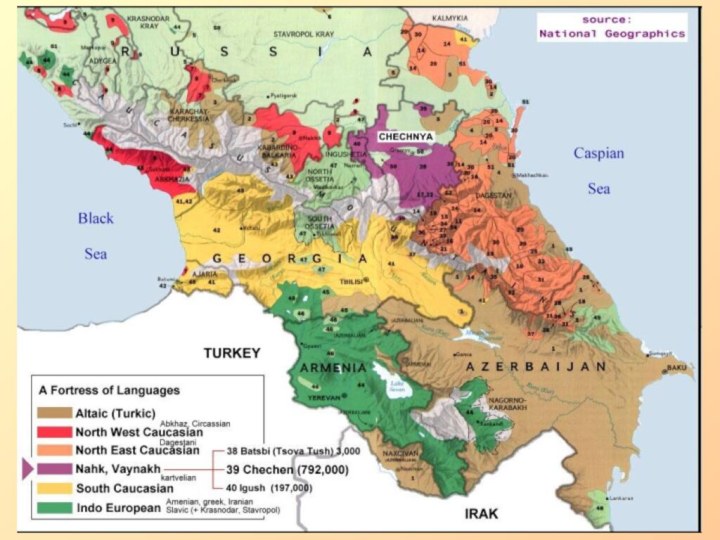

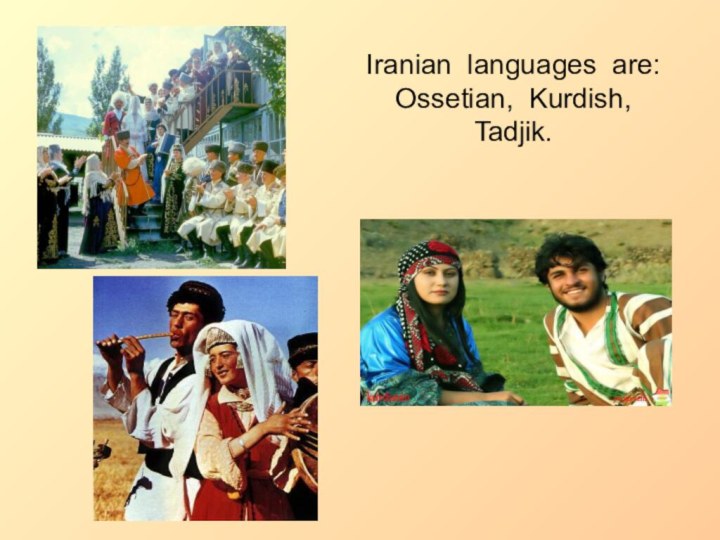
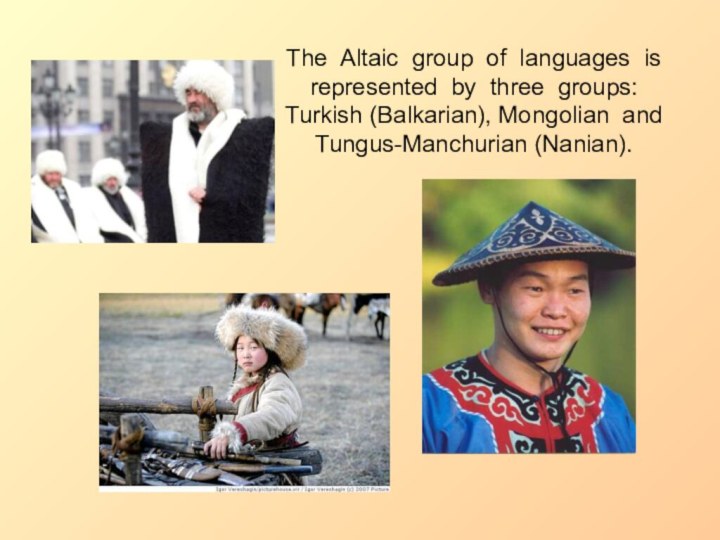
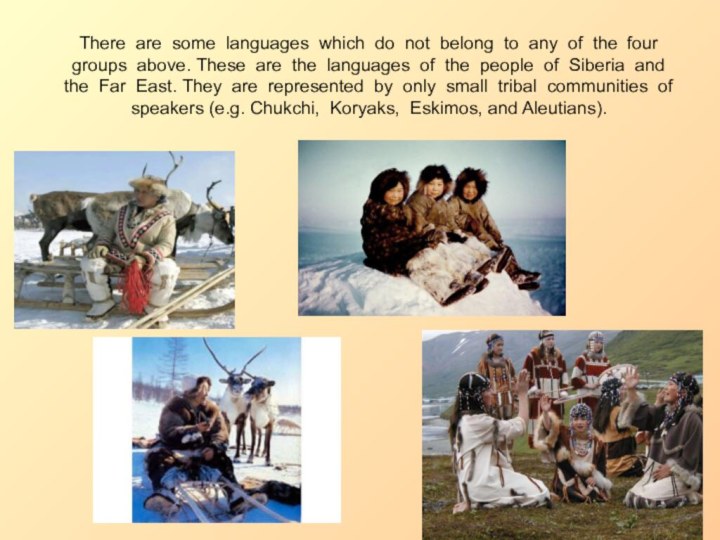
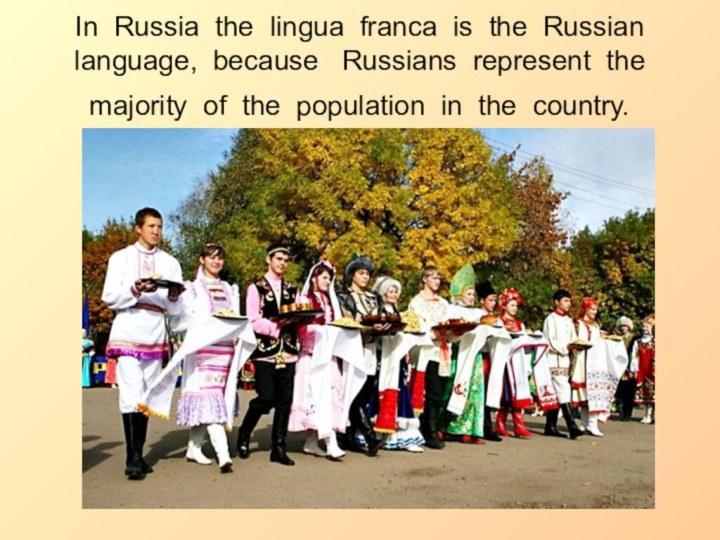
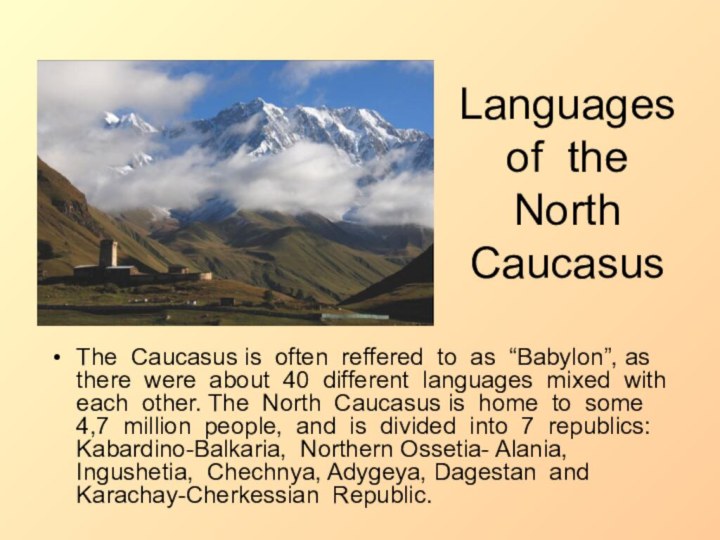


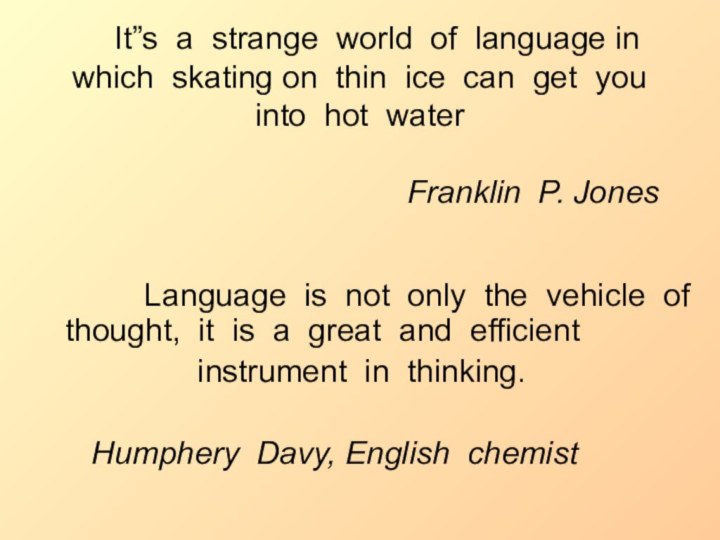
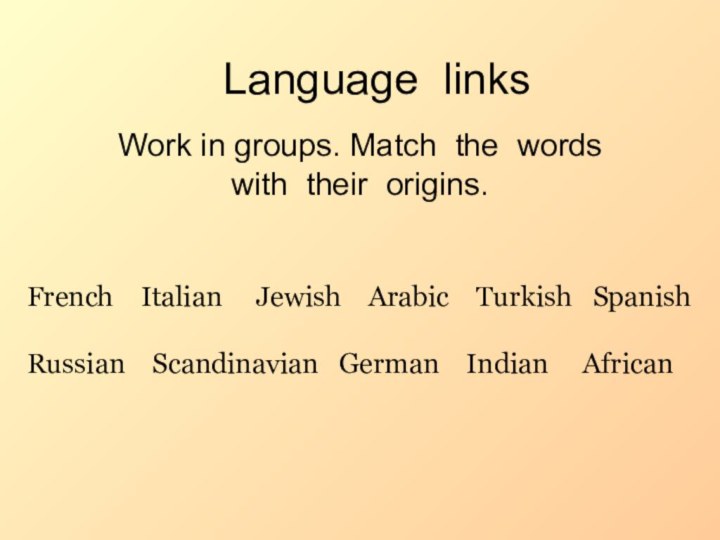
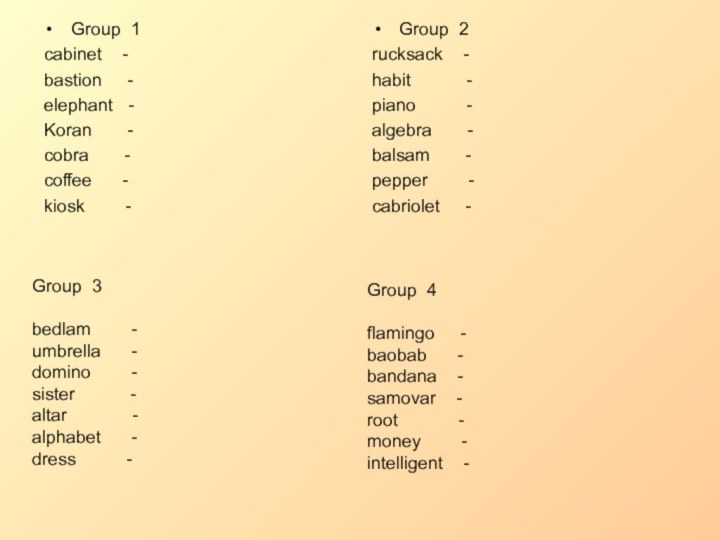
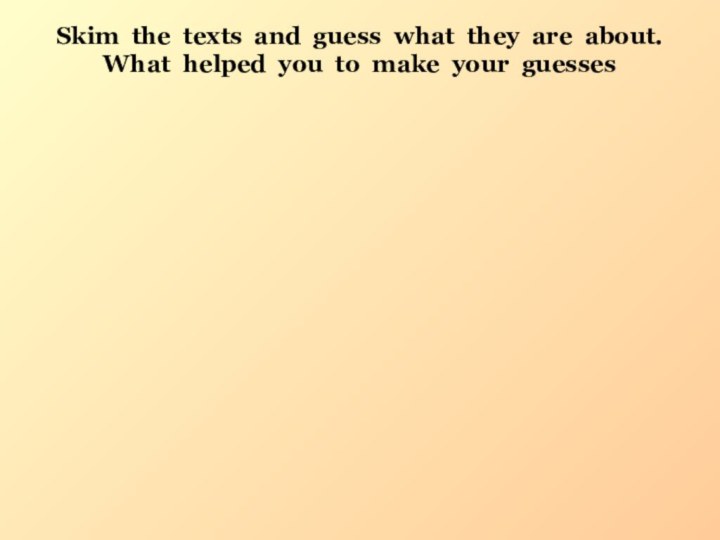



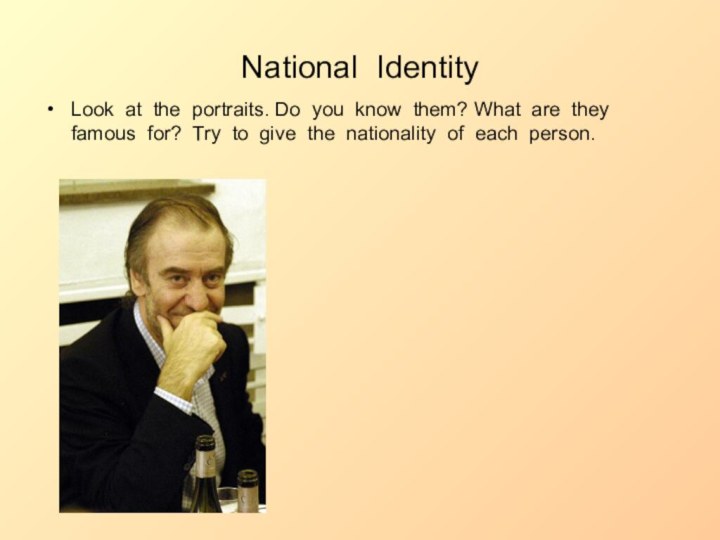
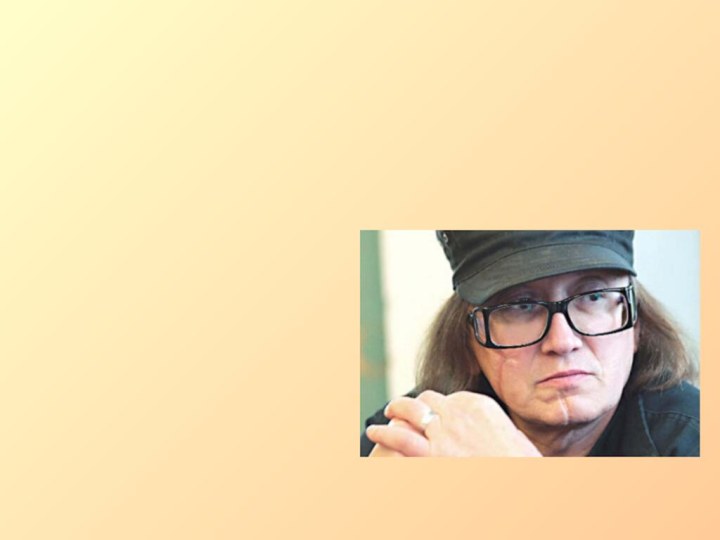
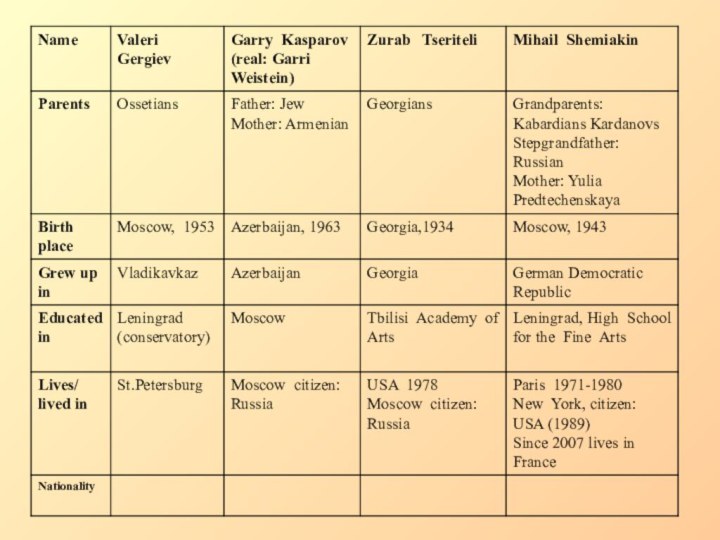
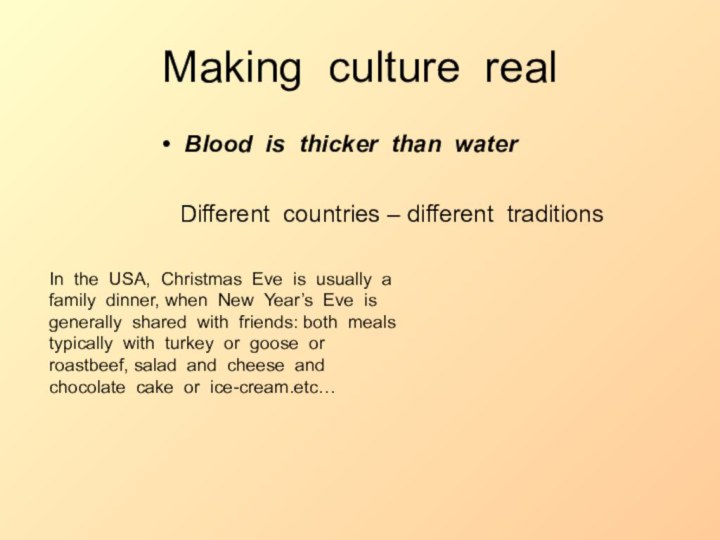
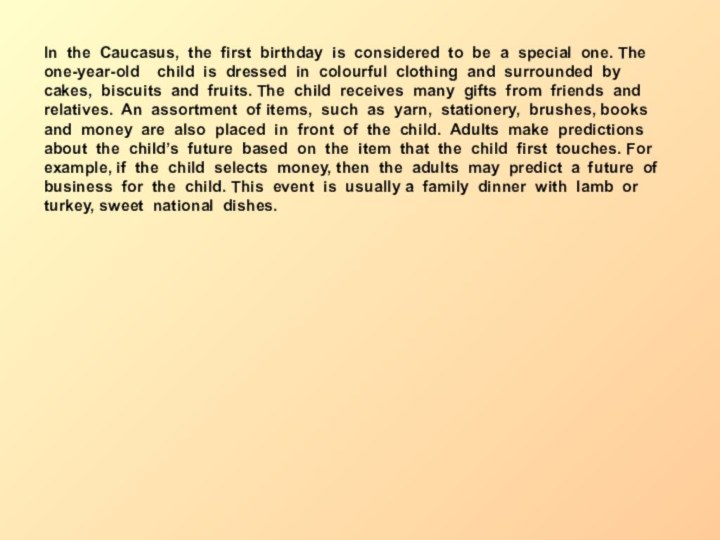
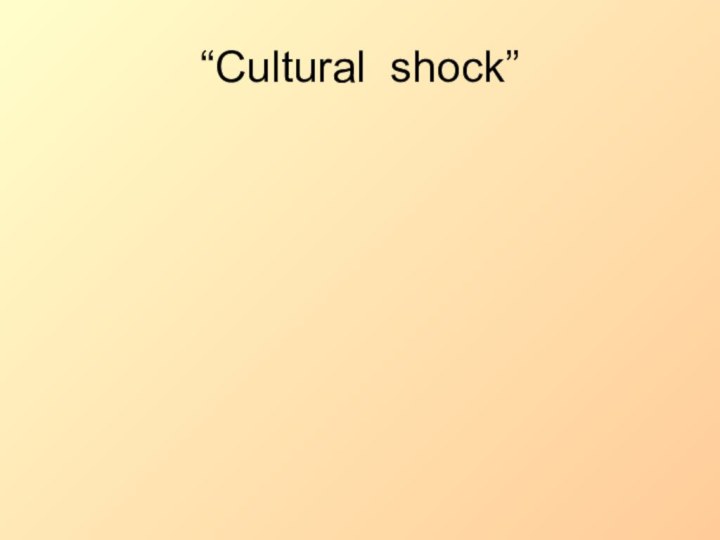
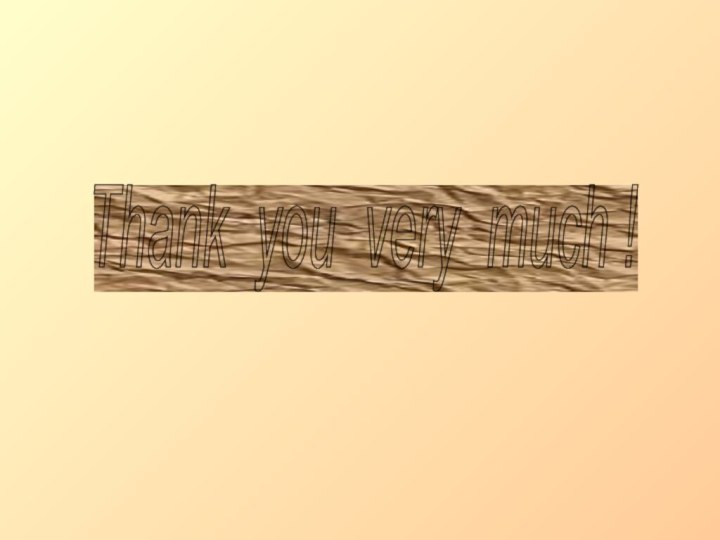
Слайд 3 Some languages are very similar: representatives of different
peoples can speak their own language, yet also understand
each other perfectly well. For example, a Russian can talk to a Belorussian, a Tatar, a Kalmyk, a Buryat.Слайд 8 The Altaic group of languages is represented by
three groups: Turkish (Balkarian), Mongolian and Tungus-Manchurian (Nanian).
Слайд 9 There are some languages which do not belong
to any of the four groups above. These are
the languages of the people of Siberia and the Far East. They are represented by only small tribal communities of speakers (e.g. Chukchi, Koryaks, Eskimos, and Aleutians).Слайд 10 In Russia the lingua franca is the Russian
language, because Russians represent the majority of the
population in the country.
Слайд 11
Languages of the
North Caucasus
The Caucasus is often
reffered to as “Babylon”, as there were about 40
different languages mixed with each other. The North Caucasus is home to some 4,7 million people, and is divided into 7 republics: Kabardino-Balkaria, Northern Ossetia- Alania, Ingushetia, Chechnya, Adygeya, Dagestan and Karachay-Cherkessian Republic.Слайд 12 Multilingualism is virtually universal among Caucasians. Nearly everyone
speaks Russian, in addition to their own language, and
many have some command of several neighbouring languages.Слайд 13 Besides, students study several foreign languages at schools,
colleges and universities. We study English. We know, that
many our living abroad speak English too.Слайд 14 It”s a strange world of language
in which skating on thin ice can get you
into hot water Franklin P. Jones Language is not only the vehicle of thought, it is a great and efficient
instrument in thinking.
Humphery Davy, English chemist
Слайд 15
Language links
Work in groups. Match the words with
their origins.
French Italian Jewish
Arabic Turkish SpanishRussian Scandinavian German Indian African
Слайд 16
Group 1
cabinet -
bastion -
elephant
-
Koran -
cobra
-coffee -
kiosk -
Group 2
rucksack -
habit -
piano -
algebra -
balsam -
pepper -
cabriolet -
Group 3
bedlam -
umbrella -
domino -
sister -
altar -
alphabet -
dress -
Group 4
flamingo -
baobab -
bandana -
samovar -
root -
money -
intelligent -
